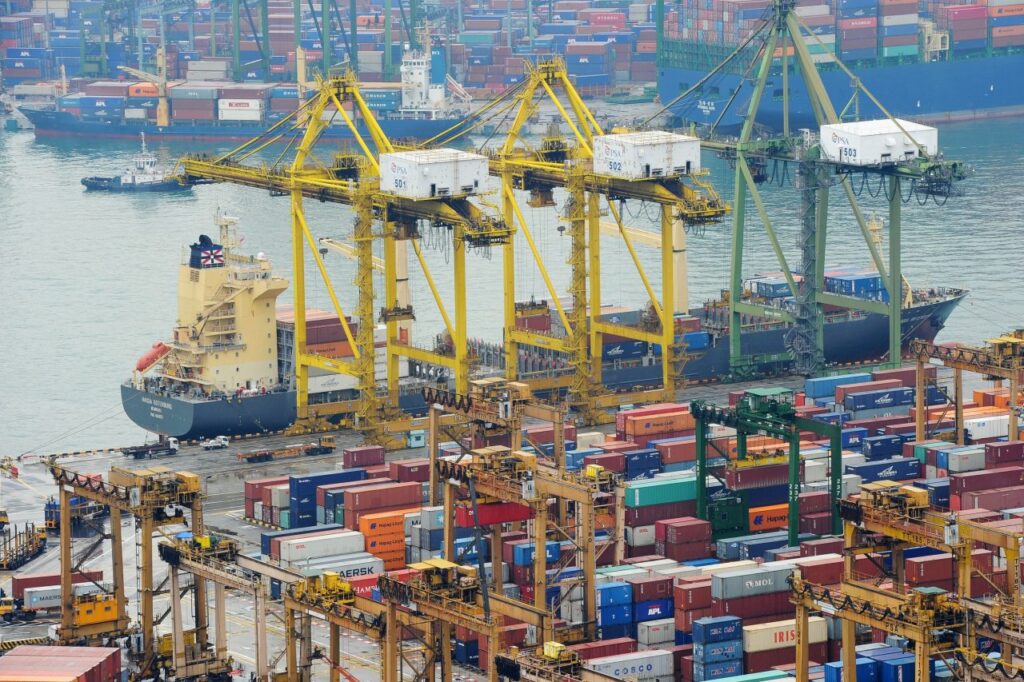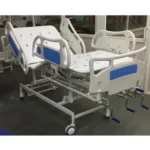
The impact of fuel subsidy removal and the resultant inflation on prices of medicines and medical services have far-reaching effects on the population. From the rising cost of transportation to and from hospitals to the rising cost of care in hospitals, ordinary Nigerians are being subjected to unprecedented levels of hardship.
Many are unable to afford the cost of transportation to and from the hospital to receive daily treatments like daily injections or daily wound dressings.
Many have resorted to using the services of health care personnel living near them for services that should be carried out in the hospital environment. Some have resorted to patronising quacks or poorly equipped and poorly staffed clinics with resultant high morbidity and mortality. Some are also embracing traditional medicines and alternative medicines, which appear cheaper to them in the short run but may be far more expensive in the long run by delaying appropriate diagnosis and early treatment.
Prices of drugs, laboratory reagents, and other hospital consumables have been rising in the last two months. A conservative estimate is about 25 per cent rise on average. Access to hospital care has been further restricted, making it out of reach for many.
Coupled with other factors militating against good quality care in hospitals, it has severely affected treatment outcomes, with a resultant increase in morbidity and mortality
There has been a concomitant increase in the cost of medical procedures, admissions, and surgeries. Many hospitals are still using their pre-subsidy removal prices, but it won’t be long before they start adjusting upwards the prices of their goods and services.
The health insurance industry is already beset with many daunting issues. The fuel subsidy removal may make it impossible for the industry to thrive. Many enrollees may drop out of the various health insurance schemes, unless the government urgently provides appropriate palliatives. If the palliatives are not implemented timeously, many health maintenance organisations may go under.
There is already a lot of resistance by companies and private enrollees on the present premiums being charged by Health Maintenance Organisations (HMOs) for their various plan types. With the fuel subsidy removal, the premiums should increase, but that will be a very difficult decision for the HMOs to make and implement. Most will hope that the service providers will continue somehow to provide some service to the enrollees. Access and efficiency will, therefore, be compromised further.
Meanwhile, as expected the prices of commodities including drugs have further skyrocketed compared to about two months ago or before the advent of subsidy removal. This is true because any factor that affects transportation of goods and services will undoubtedly affect the total cost or price.
The situation has affected access to healthcare and even visit to hospitals as majority of the populace who are of poor economic status cannot afford the cost of transportation of visiting hospitals or healthcare facilities, which are not nearby. Even when they do visit the hospitals, they may not be able to pay for the cost of medicines and other related pharmaceutical and medical care services. In one of the hospitals in the northern part of Nigeria, they even brought out an official statement that their generators will not be switched on within certain hours of the day. Such poor hospital conditions will affect recovery from ailments for patients under hospital admission.
The implication of all this is that treatment outcomes will be negatively affected. It will invariably lead to increased length of hospitalisations as the sick will not recover fast and even increased morbidity and mortality or death of patients from inability to pay for the drugs.
Unfortunately, certain life-saving products such as inhalers for asthma care and other medications are not even anywhere to be seen in pharmacies. And when seen, they are beyond the reach of the common man. Yet diseases do not look at the pockets of individuals before attacking them.
Any factor that affects the cost of drugs, consumables, devices etc., will invariably influence the cost of medical procedures and services such as surgeries and caesarian sections.
Definitely, the impact is that the costs of these medical procedures have continued to soar beyond the reach of average Nigerians and even some people who were considered as being within the rich class, are already sliding into the poor economic class.
The effect of all this is that health insurance will also be affected including its access and efficiency. There is no way the usual estimated costs of commodities including pay per capitation will remain the same in the event of soaring prices.
Dr. Chukwunenye is a consultant Obstetrician and Gynaecologist and Medical Director of Optimal Specialist Hospitals Limited Gbaja, Surulere, while Dr. Madu is a consultant pharmacist and immediate Past President of, Clinical Pharmacists Association of Nigeria (CPAN).













